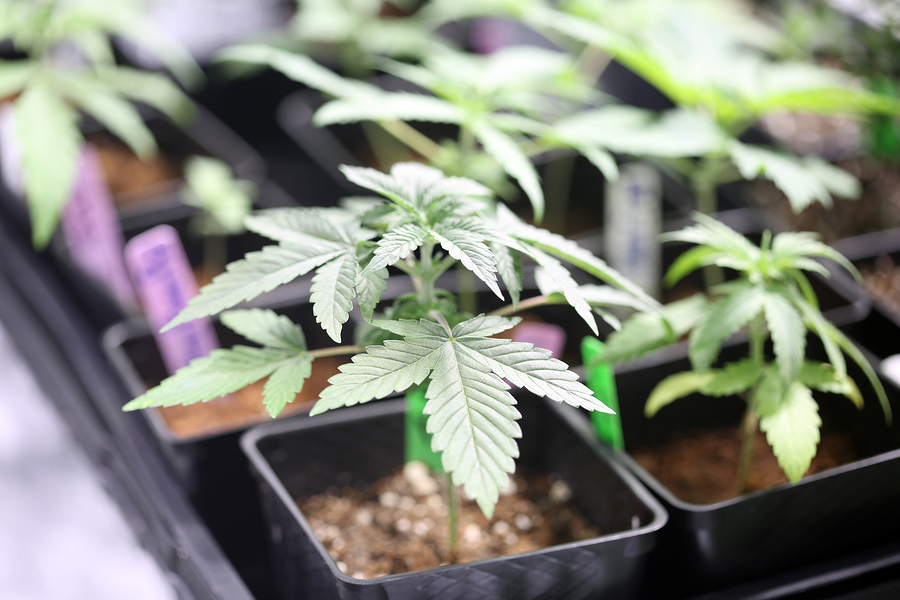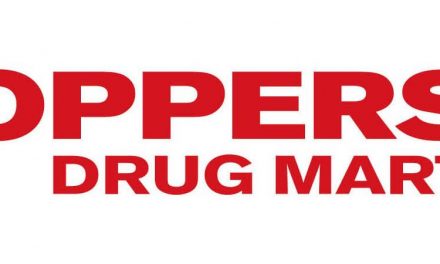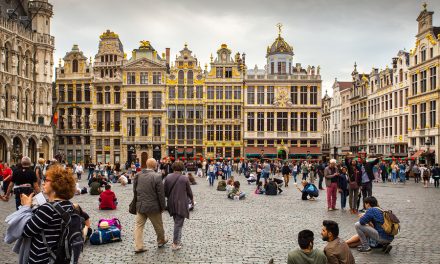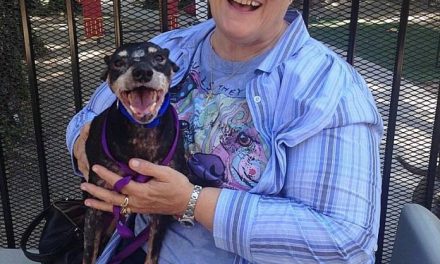On 25 June, the FDA announced its approval of the CBD drug Epidiolex for the treatment of epileptic seizures and with its approval the legal hurdles that prevented the further exploration of cannabis’s medicinal properties might soon be a thing of the past. The DEA has until September 24th to re-classify the drug so that it’s legal for doctors across the country to prescribe it but many researchers hope that the agency will instead re-classify CBD itself so that they can more easily study it.
“Now that the FDA has approved Epidiolex, ‘we have a clear recognition that this plant has more potential than people credited it for, and that has reverberations that are scientific as well as legal’, says Daniele Piomelli, director of a new center for cannabis research at the University of California, Irvine. At the very least, he says, the DEA ought to grant researchers an exemption permitting them to study CBD — especially now that people consume it and other cannabis compounds, known as cannabinoids, in states where marijuana is legal. At this point, the limits on research seem irrational, he adds.
Lessening restrictions on the study of CBD would also be good news for biotech startups that have been producing cannabinoids through genetic engineering. These products could be purer and more affordable than those obtained through older methods of extraction from marijuana plants or chemical synthesis. ‘It’s a biochemical gold rush right now’, says Oliver Kayser, a bioengineer at the Technical University of Dortmund in Germany.”1
RELATED STORY:
Currently, thirty states and the District of Columbia have legalized medical marijuana but the plant and its compounds are still illegal, Schedule 1 compounds under US federal law. And there are very few researchers who have the time or money needed to comply with federal rules for handling illicit substances. (See video below.)
(I love CBD and even have my own organic line, made in my hometown of Chicago! Check it out here.)
But, even if you get permission to work on cannabis you’re restricted to one main supplier; the only facility in the United States certified to provide researchers with cannabis and its extracts is the University of Mississippi in Oxford.
Can you say ridiculous? Shouldn’t scientists be trusted to grow it on their own?
RELATED STORY:
Biotech company Hyasynth Bio in Montreal, Canada, says that researchers have expressed interest in buying their engineered CBD as soon as it scales up production (something Canadian medical-cannabis company, Organigram in Moncton, helped with by investing $7.6 million to help boost manufacturing) but should the DEA decide to remove only Epidiolex from the list of schedule 1 substances, and not CBD generally, “researchers in the United States might not be able to take advantage of these companies’ products.”2
If that happens, labs in Canada, where medical and recreational marijuana will be legal as of 17 October, will be very busy. We will be watching as this story unfolds and update you. Let’s hope the DEA puts their thinking caps on.












